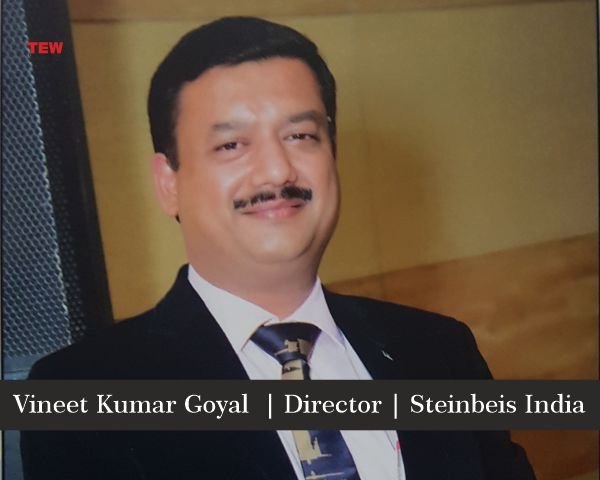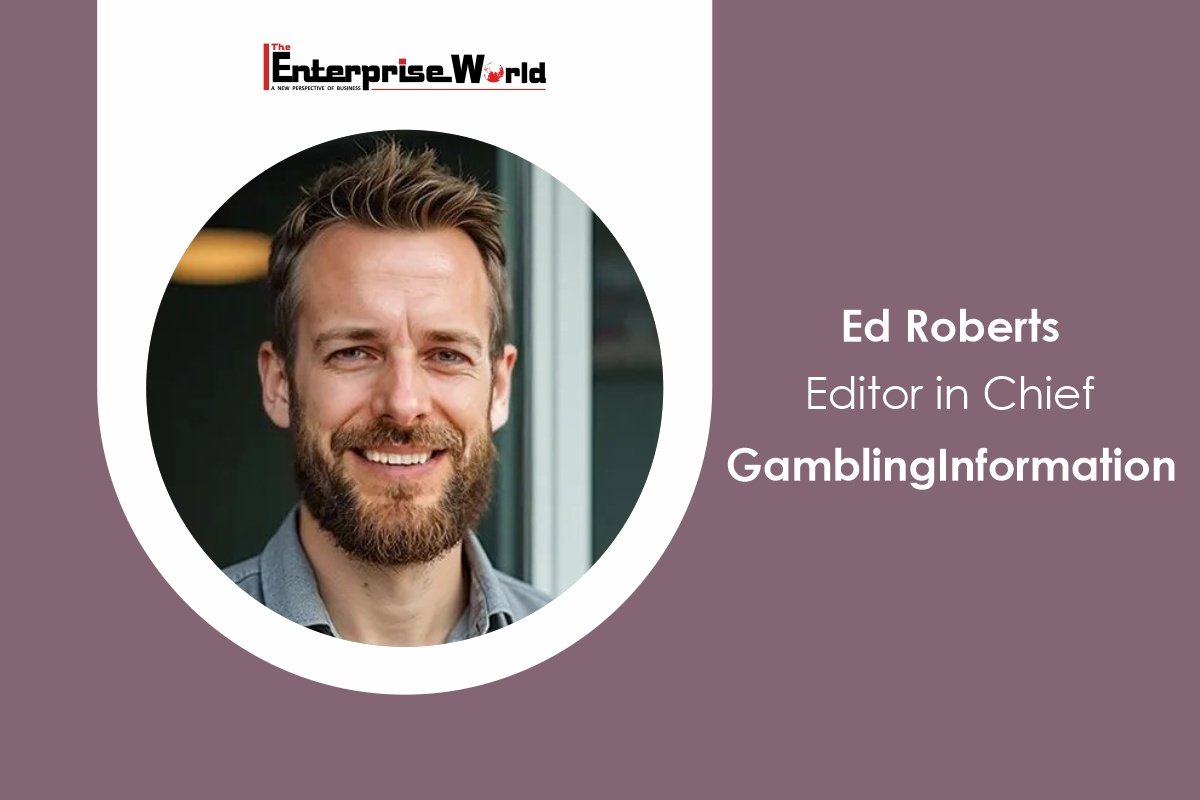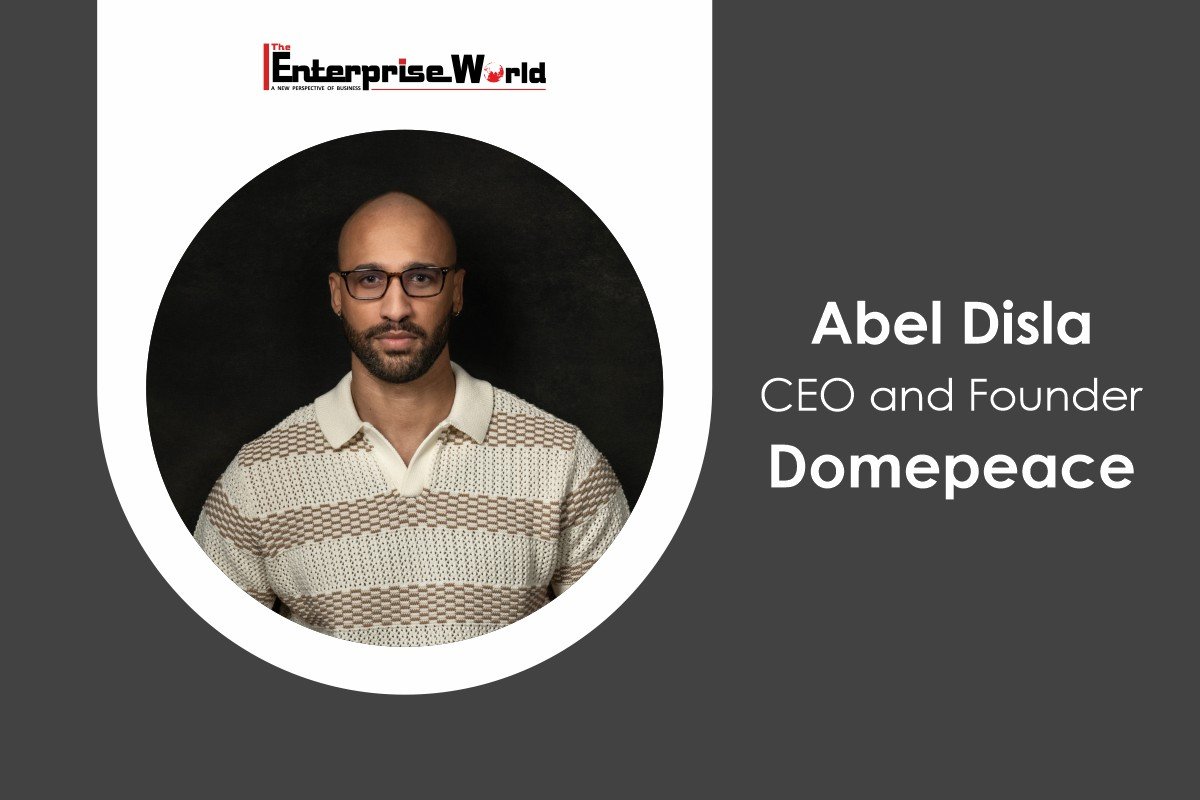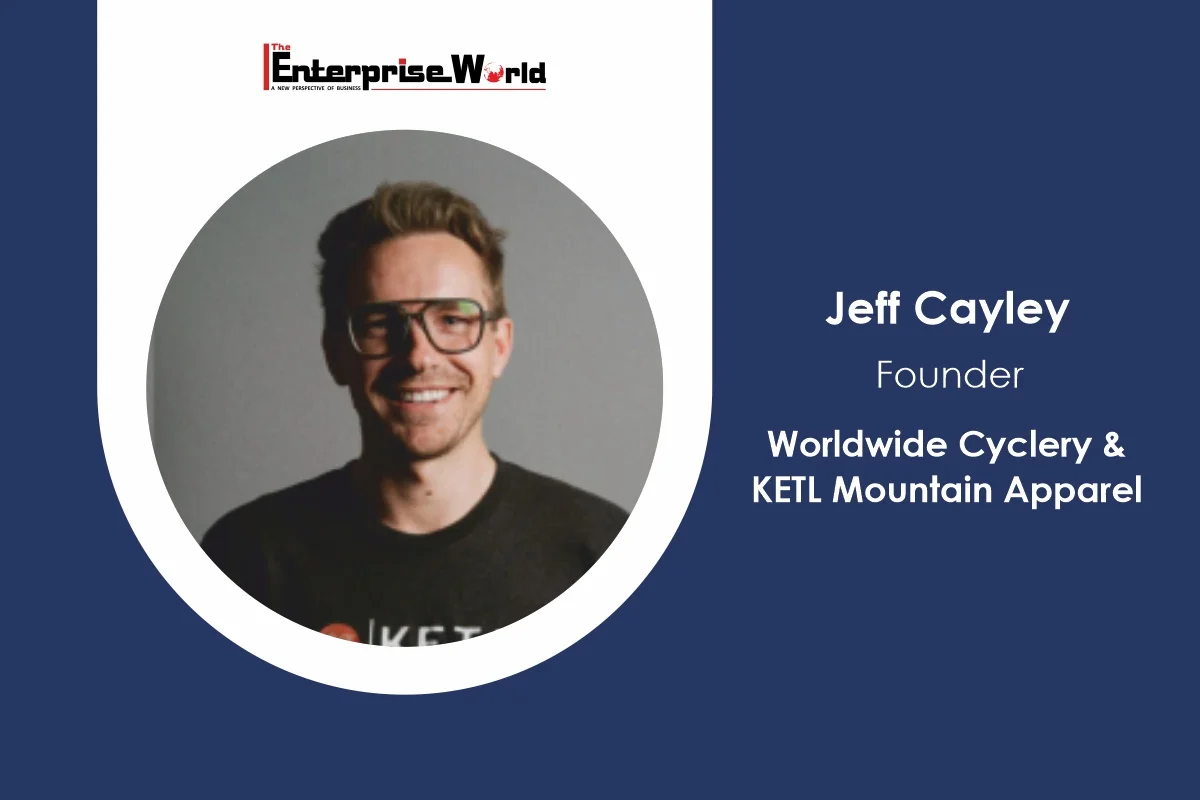2E Knowledge Ventures Private Limited (2EKVPL) was established in the year 2009 for setting up knowledge-based innovative ventures. It was promoted by Mr. Vineet Kumar Goyal, Electrical Engineer with an Executive Masters in International Business from IIFT, New Delhi, who is a first-generation entrepreneur.
Steinbeis India
One of the first ventures of the company was Steinbeis Centre for Technology Transfer India, set up in partnership with Steinbeis GmbH & Co. KG für Technologietransfer, Germany. Steinbeis India works in the areas of Technology Consulting and Transfer for Indian Industry in Renewable Energy, Cleantech, Pharma, Manufacturing and Automotive sectors, amongst others.
Other subsequent ventures of 2EKVPL were the Steinbeis Academy for Advanced Technical Training and Entrepreneurship and 2E Skills, where Steinbeis India worked in training and skilling of Engineers and Technicians and trained more than 6000 Engineers and Technicians in the last nine years, in the areas of Solar PV, Digital Manufacturing, Automation, Robotics, Automotive, and Entrepreneurship.
In a talk with Mr. Vineet Kumar Goyal, let’s discover more about Steinbeis India and what they offer to their customers.
• While establishing such a vast business what were the initial challenges you faced?
The initial challenge of a consulting organization is to get the right clients for the services provided by you. Being a start-up venture, every opportunity is very important and it becomes very difficult to filter out the right clients and opportunities for your business. The art of targeting and filtering out the most potential customer for your business is the key differentiator in the long run.
• Which was that point that triggered the growth of Steinbeis India?
The growth of Steinbeis India was triggered by the growth of the Solar PV business in India in the last ten years. Steinbeis India was able to provide training in the open market mode and did several public-funded international projects in India like Solar Schools, Enhancing the Energy Efficiency of Agricultural Pump sets, under the Sustainable Megacities project of the Government of Germany, and training and capacity building for various Training and Consulting Organisations (State Nodal Agencies, Skill Councils, SECI, DISCOMs, etc.) with the German Development Organisation.
• How have Steinbeis India graphs changed since the foundation?
The turnover of Steinbeis India has more than tripled in the last five years and we are on a fast-growth path.
• What is the reason behind Steinbeis India’s long-standing success?
Our success lies in our strong focus and a clear strategy in our business areas. A strong people orientation leading to customer focus helps us face business challenges quite efficiently.
• What are the products/services Steinbeis India focuses on? How are your services different from those in the market?
One of the core services of Steinbeis India is technology intermediation between industry and research institutions. We have established over 15 Technology Transfer Centres in various academic institutions across the country, including NIT Warangal. Steinbeis India also recently signed an agreement with the Council for Scientific and Industrial Research (CSIR), the Government of India for commercializing their knowledge base in India and abroad.
• How do you decide to take Steinbeis India a step further in terms of your products/services?
Our focus is always on innovation. Steinbeis India is constantly scanning the markets, both in India and globally, for the latest changes and then design our strategy in line with these technological changes. We are in the process of strategizing our entry into Consulting and Training services in the areas of Energy Storage, Charging Networks, and E-Mobility Solutions.
• What are the different processes you follow for better results?
Better results are obtained by establishing what is known as a ‘Systematic Coincidence’ – a concept I learned from my German colleagues. Systematic Coincidences will only happen when you find the path you want to keep walking on. If you do not know where you are going, then don’t be surprised if you fail to get there.
• With technology taking over, how are you coping with this changing landscape?
The usage of IT systems in businesses processes is imperative to get better results, to improve the results of your processes, and to sustain the results irrespective of changes happening in a business environment. Steinbeis India has been keeping pace with the latest changes in the field and is implementing IT applications in our business processes increasingly.
• Has technology proved to be a catalyst in the company processes? How?
IT systems have not become the catalyst in our business processes that we were expecting, mainly because most IT applications are designed and built for large companies. It is quite difficult for small companies to get the right IT applications and then adopt them in their core businesses.
• What do you think are the responsibilities of an entrepreneur?
An entrepreneur is a one-man army – particularly in the early stages of the business. He/ She has to perform all roles for a company- right from that of a support staff up to the Managing Director in Steinbeis India. And then, one has to find the right people and make his team, on which the entrepreneur can rely.
• Can you please brief us about your professional experience?
The professional journey of an entrepreneur is very challenging. The marketplace is very crowded out there. New enterprises have to struggle a lot to make a foothold and their presence felt in the market. Our collaboration with Steinbeis Germany helped us in making entries in large private companies as well as Government organizations. One of the surprising experiences worth mentioning here is that the people whom you least expect can support you most unexpectedly.
• What are the key achievements of your entrepreneurial journey?
Steinbeis India was one of the first private organizations in the country to launch Solar Training, especially with German trainers. Steinbeis India has trained more than 4000 Engineers and Professionals in solar technology in the market mode (without Government subsidies). Recently, we were amongst the first organizations in the private sector t sign an agreement with the Council for Scientific and Industrial Research (CSIR, Government of India) to market the knowledge base of 38 constituent labs of CSIR.
• How do you look after your employees? What makes your team unique?
Before starting my own business, I was working with large private companies for more than 15 years. Hence, I understand that people work best when left to work at their own pace and with minimal supervision. Steinbeis India is a company that believes in creating maximum opportunities for growth for our employees and providing an open work environment. This strategy has mostly paid off and my core team has been with me for a long time now and is committed to their work and the growth of the organization.
• Is there any special experience with your clients you would like to highlight?
There have been several instances of special experiences with clients – both in Government as well as the private sector. Not to mention any specific names here, most of our organizations – both in public as well as the private sector, depending on other countries for new technologies and innovations. I have observed that innovation is not supported in most of the large organizations, while there are no support systems for the growth-hungry small organizations. That is one of the reasons probably we have not been able to make companies with global products – like Korean or Chinese companies.
• Can you tell us what your favorite book is? And your favorite part of the book (if any)?
The book which has inspired me the most is The Alchemist, by Paulo Coelho. The best part of the book is that the story teaches us to listen to our hearts, learn to read the omens strewn along life’s path, and following our dreams.
• One person, who you admire the most?
I greatly admire Swami Vivekananda. The philosophy of life espoused by Swamy Vivekananda over two centuries back is still relevant today. He professed that “Perfection is not to be attained, it is already within us. Immortality and bliss are not to be acquired, we possess them already, they have been ours all the time”.
An amazing person who is my ideal in business is my father-in-law Shri V K Agarwal who could not complete his schooling, yet he is a successful businessman today. My brother-in-law Dr. Arun Kumar, a professor at Allahabad University, who is also a successful entrepreneur, mentored me through my journey.
Important to mention my family here. My father Shri B Chandra always supported me through the thick and thin of my entrepreneurship journey with a single point of advice, “never give up”. My life partner Bhawna Goyal always believed in me and took care of a home and my two children.
• Whose business story do you find the most inspiring?
Google founders Larry Page & Sergey Brin. It is amazing to see how two young Ph.D. students found and expanded a technology (innovation) company with a strong people focus.
• Which is the most inspiring quote you have read?
Don’t look back, just keep on walking (Anonymous)
• Constant vigilance- a need or a strategy?
Constant vigilance is a need in the competitive and regulatory world today. Enabled by technology, the more freedom we are enjoying, the more complications we are facing in terms of data and business regulatory issues. For entrepreneurs, it is all the more important to be constantly on vigil all the time.
• It’s a rat race out there. How do you cope with that? This is the biggest challenge for entrepreneurs. While you are setting up your enterprise, there are hundreds of others out there providing the same products and services at much more competitive prices. One needs to be able to differentiate the product and service offerings with constant innovations. And it is also important to control the costs – similar to a manufacturing environment, by employing more and more technology tools.
For recent and latest updates regarding business news, industry trends, etc. Please subscribe Newsletter from “The Enterprise World” at “Subscribe“.






